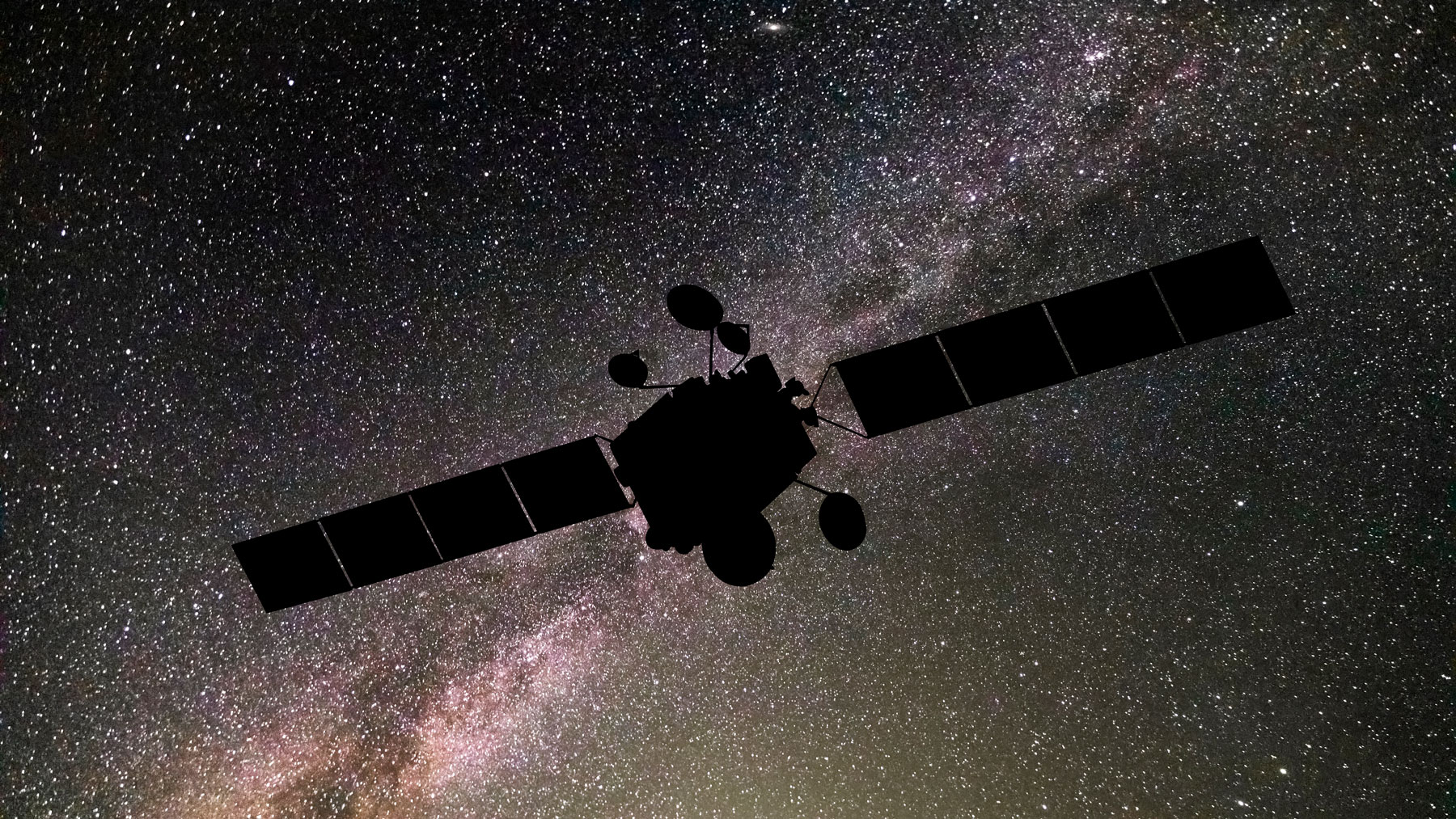
South Korea's Defense Minister, Shin Won-sik has expressed concerns regarding North Korea's recent launch of an intercontinental ballistic missile (ICBM) which reportedly has a Nikon camera on board. The Malligyong-1 spy satellite was fired into orbit a month ago, highlighting the nation’s demonstrated fight capability.
The Malligyong-1 is North Korea’s first reconnaissance satellite capable of providing surveillance of South Korea, Japan and the US. As a sun-synchronous-orbit satellite it will operate at at an altitude of 500km, but at what resolution it will be able to deliver images is unclear.
North Korea first attempted to launch the spy satellite in May 2023 but failed at the second stage of the launch, when Chollima-1 (the device used to launch the satellite into orbit) ignited too early. A second attempt took place in August 2023 but this time the satellite was lost due to an emergency flight termination during the third-stage flights. Finally, in November 2023, the satellite successfully entered orbit resulting in the first successful flight of the Chollima-1 launch vehicle.
The Yonhap News Agency reported (via Nikon Rumors) that Shin shared in a parliamentary session that "North Korea succeeded in flying a missile a long distance and developing a solid fuel missile, but it has not yet been verified whether it is capable of re-entering the atmosphere and accurately striking a target."
He expressed skepticism about the accuracy of North Korea's claims that its Malligyong-1 spy has already begun its mission, as usually the time frame for such operations by high-tech satellites is five to six months.
Shin also revealed an unexpected detail: that a "Nikon camera" was used in the North Korean satellite, emphasizing the need for international vigilance. There has been no confirmation if this is true, or which model it could be, but it surely will come as a blow to Japan, which is likely to be subject to surveillance by the satellite.
In response to the escalating threats, Shin pledged to "expedite" nuclear deterrence efforts with Washington, aiming to make their agreements in the bilateral Nuclear Consultative Group (NCG) "irreversible" regardless of the outcome of the upcoming US presidential election.
It's no surprise that North Korea is keeping details of the Malligyong-1 close to its chest, although the country claims that its recently launched satellite has sent back “detailed” images of the White House, the Pentagon and US nuclear aircraft carriers that have been viewed by the regime leader, Kim Jong-un.
North Korea, under a totalitarian dictatorship, is considered to have the worst human rights record in the world. No one can enter or leave the country, access to healthcare, housing, education and food is limited, and those living there are in constant fear of persecution.
The thought of a North Korean spy satellite on a secret surveillance mission is yet another reason for people to fear Kim Jong Un's anti-humanitarian regime.
Check out the best telescopes for astrophotography and start capturing the night sky from your garden







